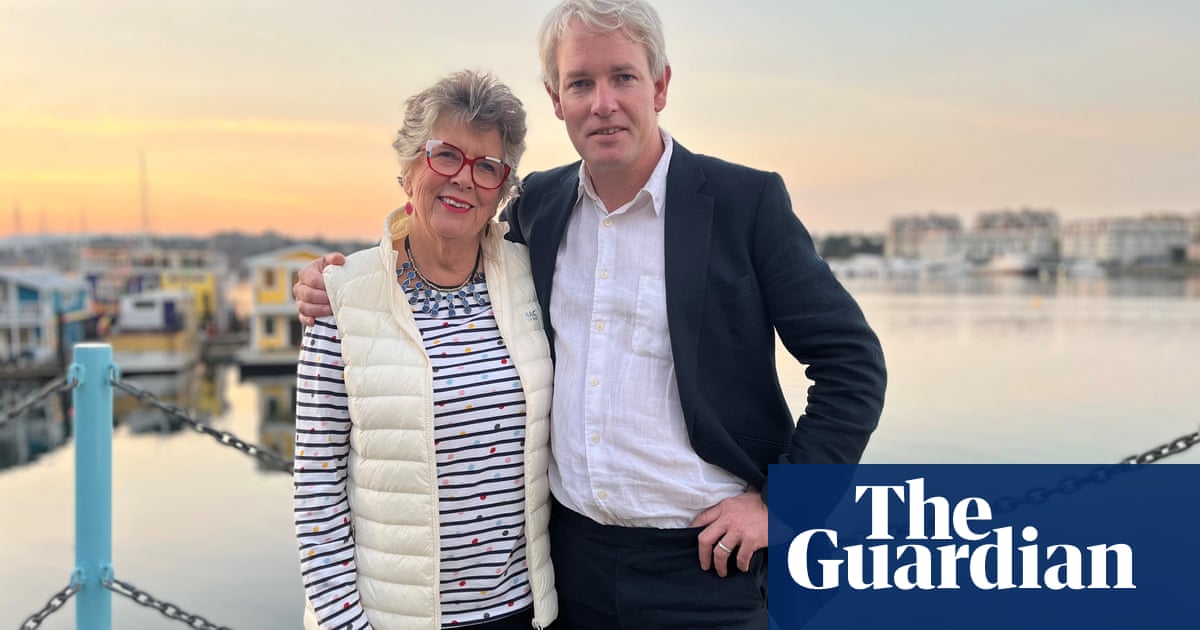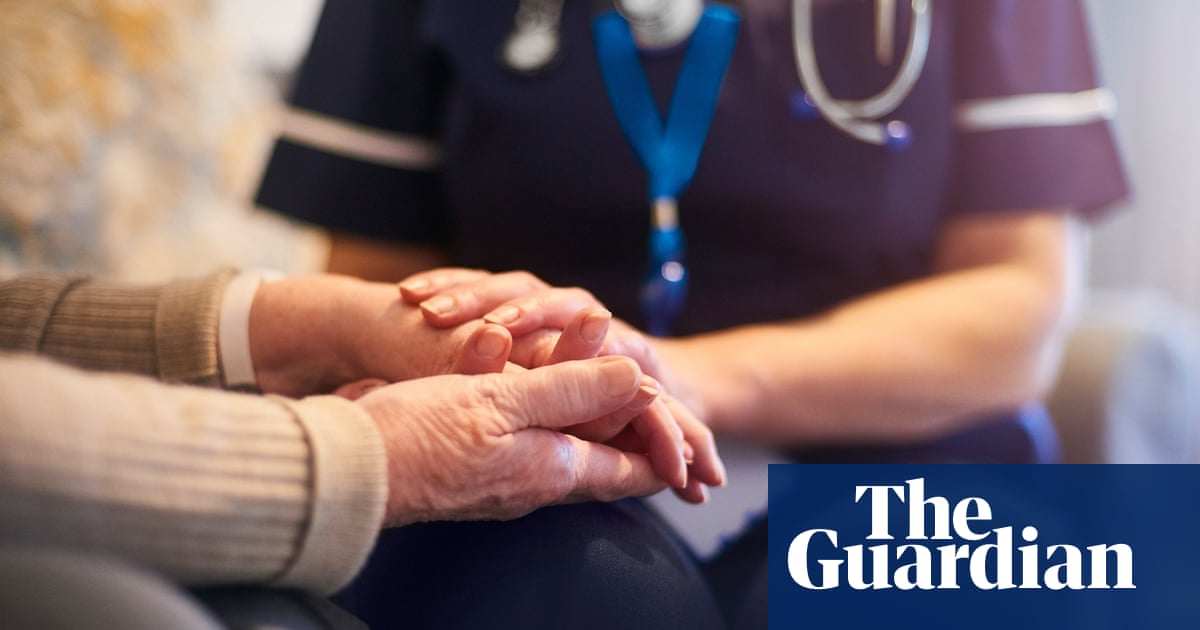
I believe the voluntary assisted dying (VAD) practitioner who Gaby Hinsliff refers to as “evangelising” about how well the system works in Australia is my daughter, Dr Clare Fellingham (How do we introduce assisted dying? Experts and politicians hope someone else has the answer, 31 January). This does her, and her fellow witnesses, a grave disservice. They were asked to give evidence of the development, implementation and practice of VAD in their respective states, which they did.
They gave the committee facts, not faith; experience, not opinion. Any “evangelising” would have been for those at the end of life to have the choice to die with dignity at a time of their choosing. It is vital to remember that VAD as proposed in Kim Leadbeater’s bill is only available to those who are terminally ill. Their choice is not between living and dying, but dying and dying.
My daughter believes that palliative care and VAD are branches of the same tree, as do I. I have worked with those at the end of their life as a lay volunteer both in a hospice environment and in hospital. Both are rooted in the compassionate determination to relieve suffering, and the importance – for the dying and those who love them – of a good death.
Lyn Dade
Twickenham, London
Last week, the assisted dying bill committee heard evidence from almost 50 experts over three days. Rather than providing clarity, the sessions revealed complexity and uncertainty, and fundamental questions remain unanswered. Will assisted dying be an NHS service? What drugs will be used, and are they safe and effective? Is feeling a burden a valid reason for having an assisted death? Can the Mental Capacity Act operate as the framework for consent? Would the judicial safeguard make this law more safe or just more cumbersome?
Experts highlighted potential risks of this bill for minoritised ethnic groups, for people with mental illness and for disabled people. Some indicated that a small number of wrongful deaths might be a price worth paying. We are told by the bill’s supporters that this would be the safest assisted dying law in the world. But empirical evidence to back up that assertion is lacking. Perhaps the most important question for MPs and society to grapple with is: “How safe is safe enough?”
Prof Katherine Sleeman
King’s College London












